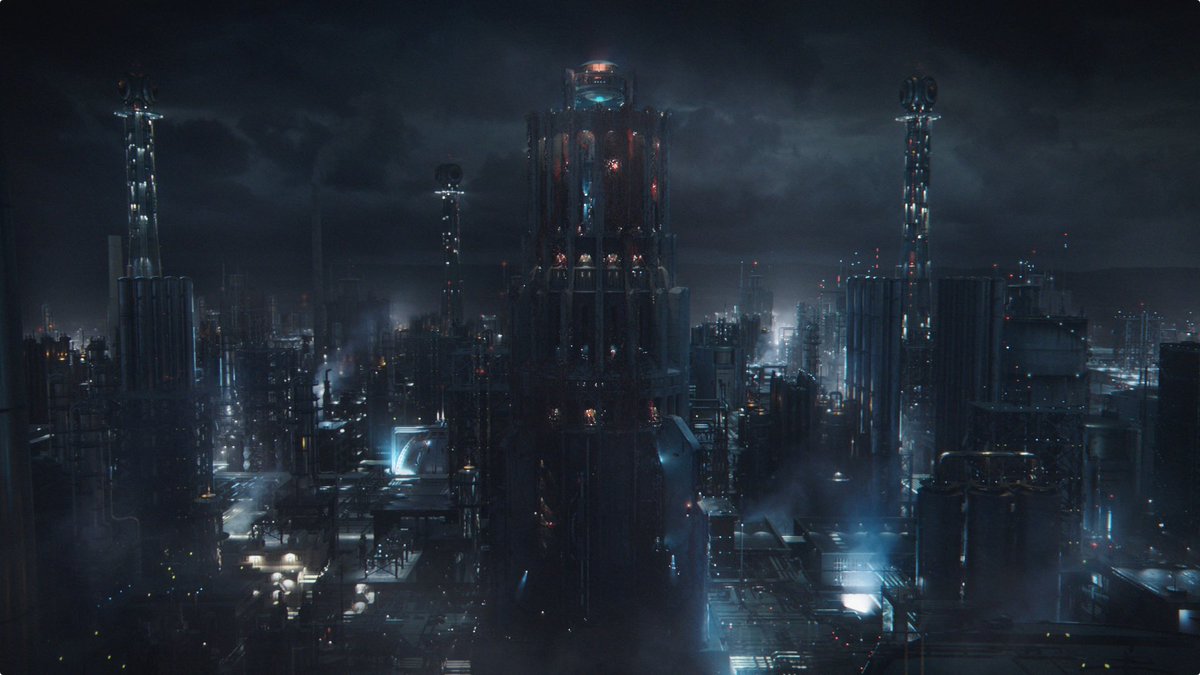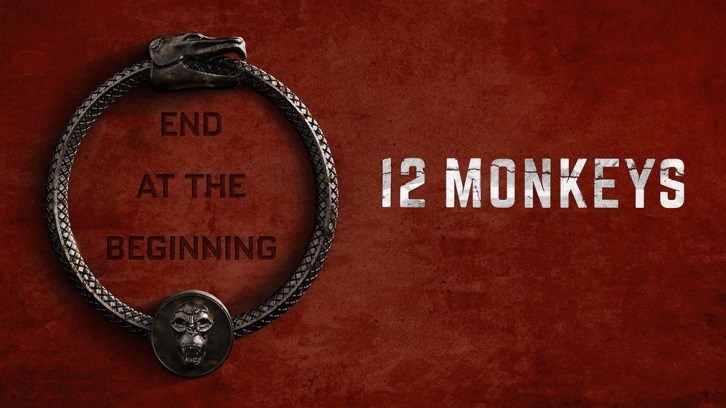Thoughts While Watching Twelve Monkeys, the TV Series, in 2020, Part III of IX
It is not until the third episode of Twelve Monkeys that the audience gets a glimpse of the state of the world outside of Jones’s center of scientific allegiance. Humanity’s remnant has reverted to a tribal pattern, groups of people who are defined by their leader, their status, or their rank of strength. This is a familiar scenario to post-apocalyptic stories. Usually, tribes emerge from commonalities. People form support systems based on shared experience, or family ties, or even more basic shared traits, like language, or religious affiliations. In the Twelve Monkeys universe, the priority is immunity to an evolving viral epidemic.
The West VII is the proximal tribe which threatens Jones’s property and safety, and therefore, her work. They are called “scavs”, short for scavenger. Deacon, who becomes sort of an anti-hero in the series, leads the West VII. He is ruthless and firm, but he takes care of his own people. For Deacon, the future is a world that belongs to the immune. For all he cares, the rest can die or be killed. The weak or disadvantaged no longer have advocacy. Deacon sees the end of the present time, and he does whatever he can to protect those who are loyal to his vision. The West VII represents natural selection.
Deacon’s tribe allows us to see a post-apocalyptic future in which the rules of natural evolution select the strongest and most willing. This is a reminder that in a massive disaster, a global pandemic, it is not necessarily the best of humanity who survive. Those who rise to power, those who live on, are merely genetically superior. When he defends his action of killing everyone in the Western VII quarantine zone, he makes his case for the future. “Those survivors never stood a chance, son; their DNA sealed their fate years ago. The world belongs to the immune … us.”
Deacon’s approach represents a humanistic view toward the future. His logic does not rely on a scientific solution. His actions support the strongest, the most capable, whoever appears to be winning, he defends and protects. Deacon gains power by bullying the weak. After killing a small group of people in order to rifle through their goods, he clarifies—“Shame about the meek, they don’t inherit shit.” He references Christian scripture, the teachings of Jesus of Nazareth at the Sermon on the Mount—“Blessed are the meek for they will inherit the earth.” (Matthew 5.5). Deacon observes the opposite in the world post-pandemic. The weak are destroyed by the strong. The pandemic event eliminated an “old religion” with a new order—survival of the fittest.
Twelve Monkeys is currently streaming on Hulu.

Dr. Erica Mongé-Greer, holding a PhD in Divinity from the University of Aberdeen, is a distinguished researcher and educator specializing in Biblical Ethics, Mythopoeia, and Resistance Theory. Her work focuses on justice in ancient religious texts, notably reinterpreting Psalm 82’s ethics in the Hebrew Bible, with her findings currently under peer review.
In addition to her academic research, Dr. Mongé-Greer is an experienced University instructor, having taught various biblical studies courses. Her teaching philosophy integrates theoretical discussions with practical insights, promoting an inclusive and dynamic learning environment.
Her ongoing projects include a book on religious themes in the series Battlestar Galactica and further research in biblical ethics, showcasing her dedication to interdisciplinary studies that blend religion with contemporary issues.




